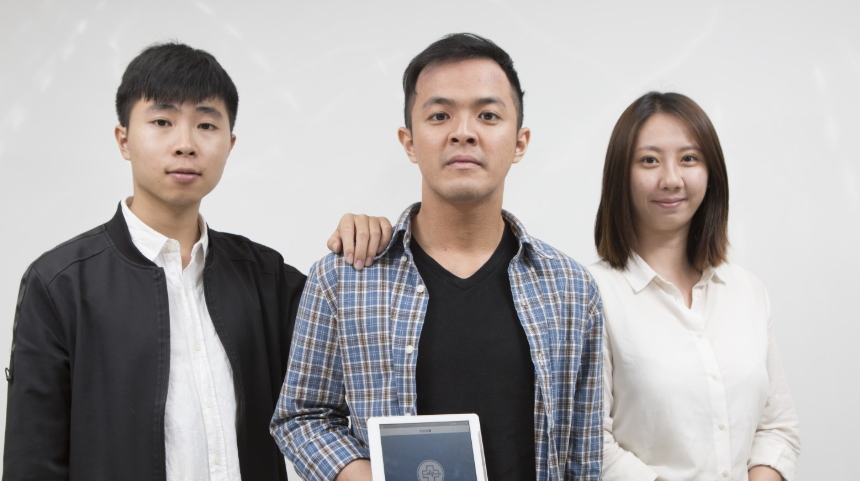Taiwanese Startup Mediot Invents App for Long-distance Medical Care

Mediot, a Taiwanese startup, has invented an app that enables long-distance medical treatments with the use of a platform that matches up patients with medical staff, dubbed the “Uber” of healthcare.
The app, iHAC, uses telecommunications and information and communications technology to match up patients with 15 different kinds of medical service providers, including doctors, nurses, dietitians and physical therapists.
“Uber matches car owners and riders. Airbnb brings house owners and travelers together… Mediot connects medical people and users,” said Cary Hsieh, who founded Mediot in April 2017.
It will be available in the Taiwanese market in August. Users will be able to access the service from their smartphones or computers.
An Uber-like Platform in the Healthcare Sector
It is normally easy to find medical treatment in Taiwanese towns as they have densely-located clinics and hospitals.
However, this easy access has caused some people to over-use medical resources, causing doctors to be overburdened and preventing some people in urgent need of help from receiving immediate medical attention.
Hsieh said medical resources could be used more efficiently if patients who don’t need comprehensive personal checkups go online for some consultations. The company thus developed iHAC to eliminate unnecessary trips to hospitals and clinics.
Mediot estimates some 60% of medical consultations and tasks can be conducted long distance using telecommunications technologies and 14% of them can be conducted online.
For example, some patients with chronic diseases need consultations with several doctors to fully understand their diagnoses.
It normally takes several days involving lengthy commutes to meet each doctor in person. With iHAC, users can communicate with multiple doctors online without leaving home in a much shorter period of time.
iHAC also provides online consultation services. Users can determine the hospital department or clinic they need to visit for treatment of their symptoms. This avoids tedious queuing behind hospital information desks.
Mediot is also cooperating with various doctors who perform physical examinations. After patients’ consultations, doctors explain their reports online through iHAC, eliminating the need for a second hospital visit.
The app can also simulate real medical consultations on mobile devices by using augmented reality technology when presenting some items, such as X-Ray files.
The app has been created in accordance with U.S. legislative requirements for the protection of data privacy and related security provisions.
After this, Mediot joined 2017 Taipei Next Star, a startup accelerator program supported by the Taipei City Government’s Department of Economic Development.
Mediot’s founder Hsieh said he first became inspired to work with telemedicine after he earlier developed a wearable device that could detect uterus contractions. After he patented his invention, he found there was not much interest in Taiwan’s healthcare sector.
Although it saved time for doctors, they needed to spend extra time checking online reports. He realized his invention and other wearable devices were more useful if they were used in long-distance treatments.
“When there is distance between patients and medical service providers, healthcare wearable devices really have values. For example, with patients who have high blood pressure and diabetes, doctors can know more precisely their daily blood sugar levels, temperature and blood pressure variations if patients wear wearables.”
Taking iHAC to the Chinese Market
Hsieh sees potential in the vast Chinese market. As a first step, Mediot is partnering with the Eslite Hotel in Taipei to provide medical tourism packages for Chinese tourists that gives them an experience of telemedicine in addition to traditional Western medical treatments.
He is also in negotiations with various Chinese shopping malls over potential collaborations. Hsieh wants to set up stands in these shopping malls for shoppers to experience telemedicine. Mediot can then provide them with the app and its services at their homes if they are interested.
〔Original :Meet Startup @ TW〕https://meet.bnext.com.tw/intl/articles/view/43298